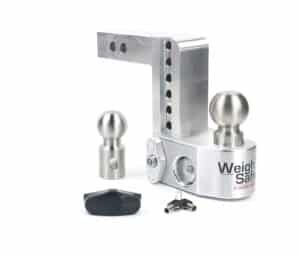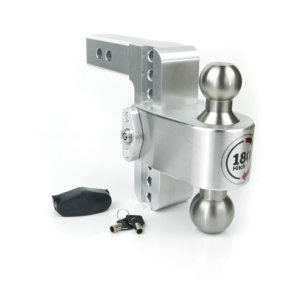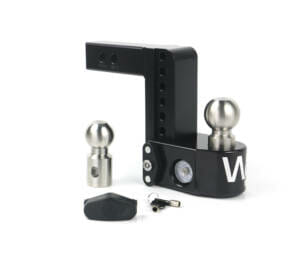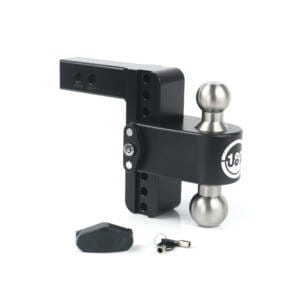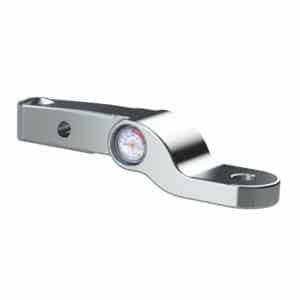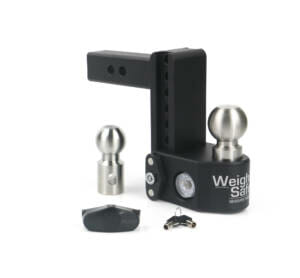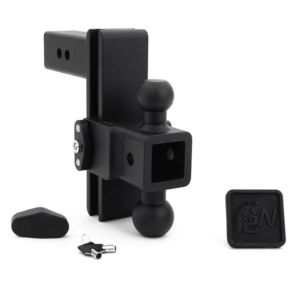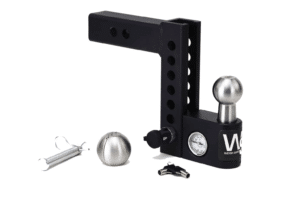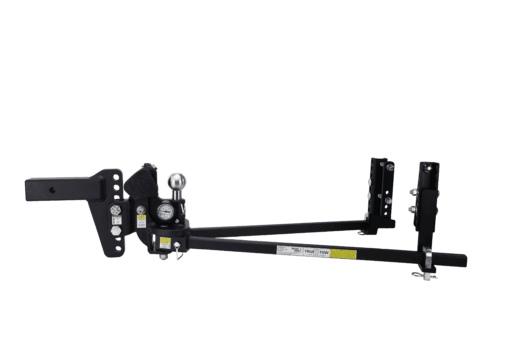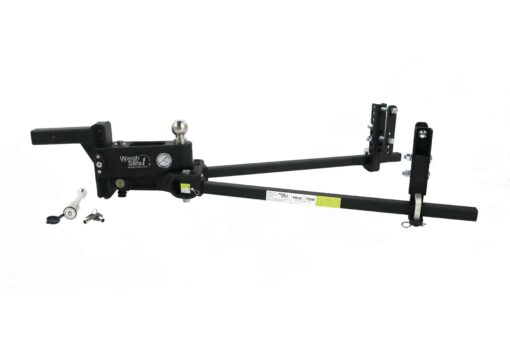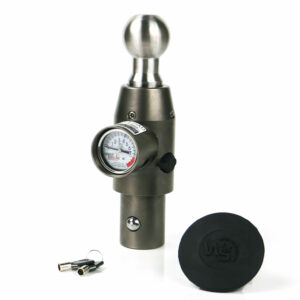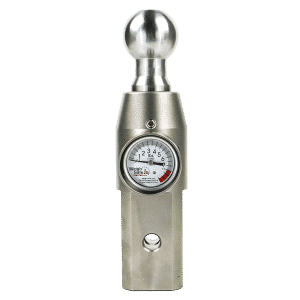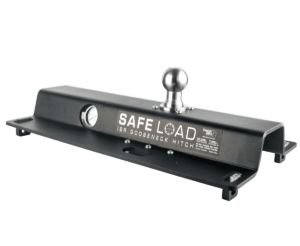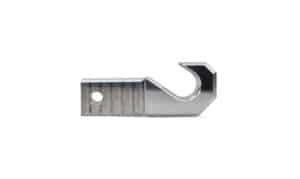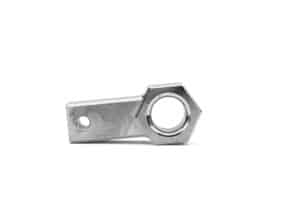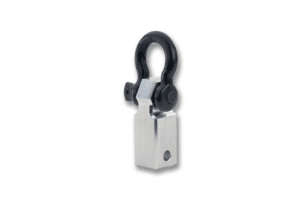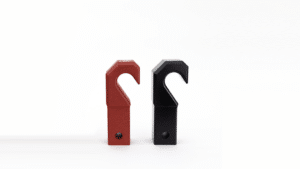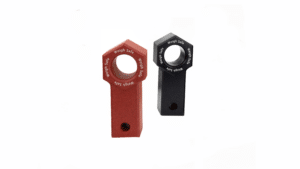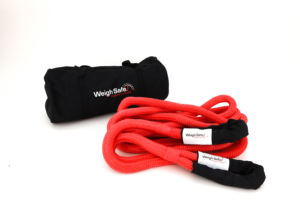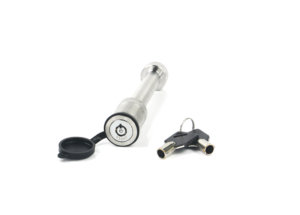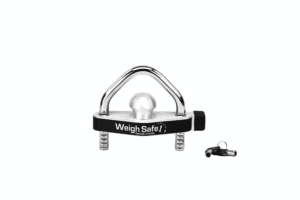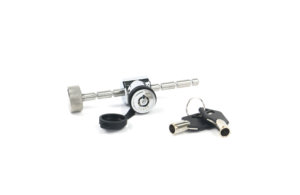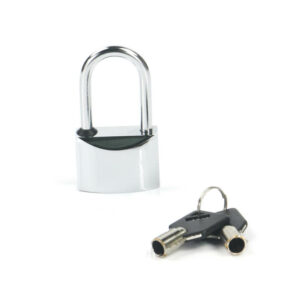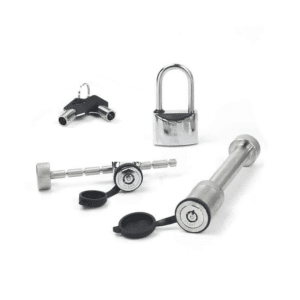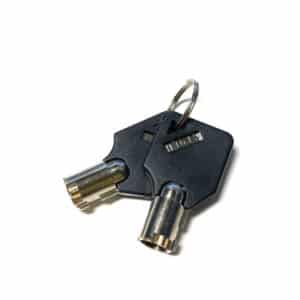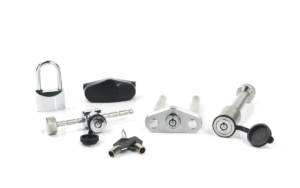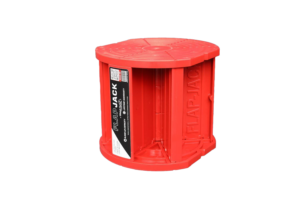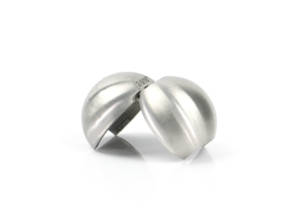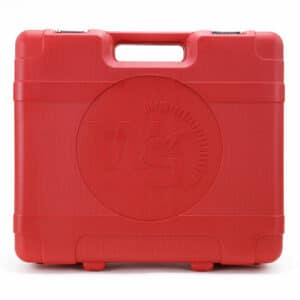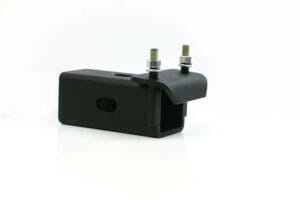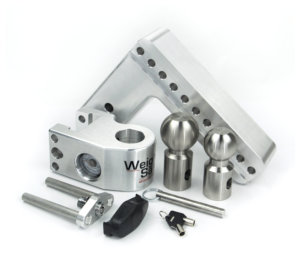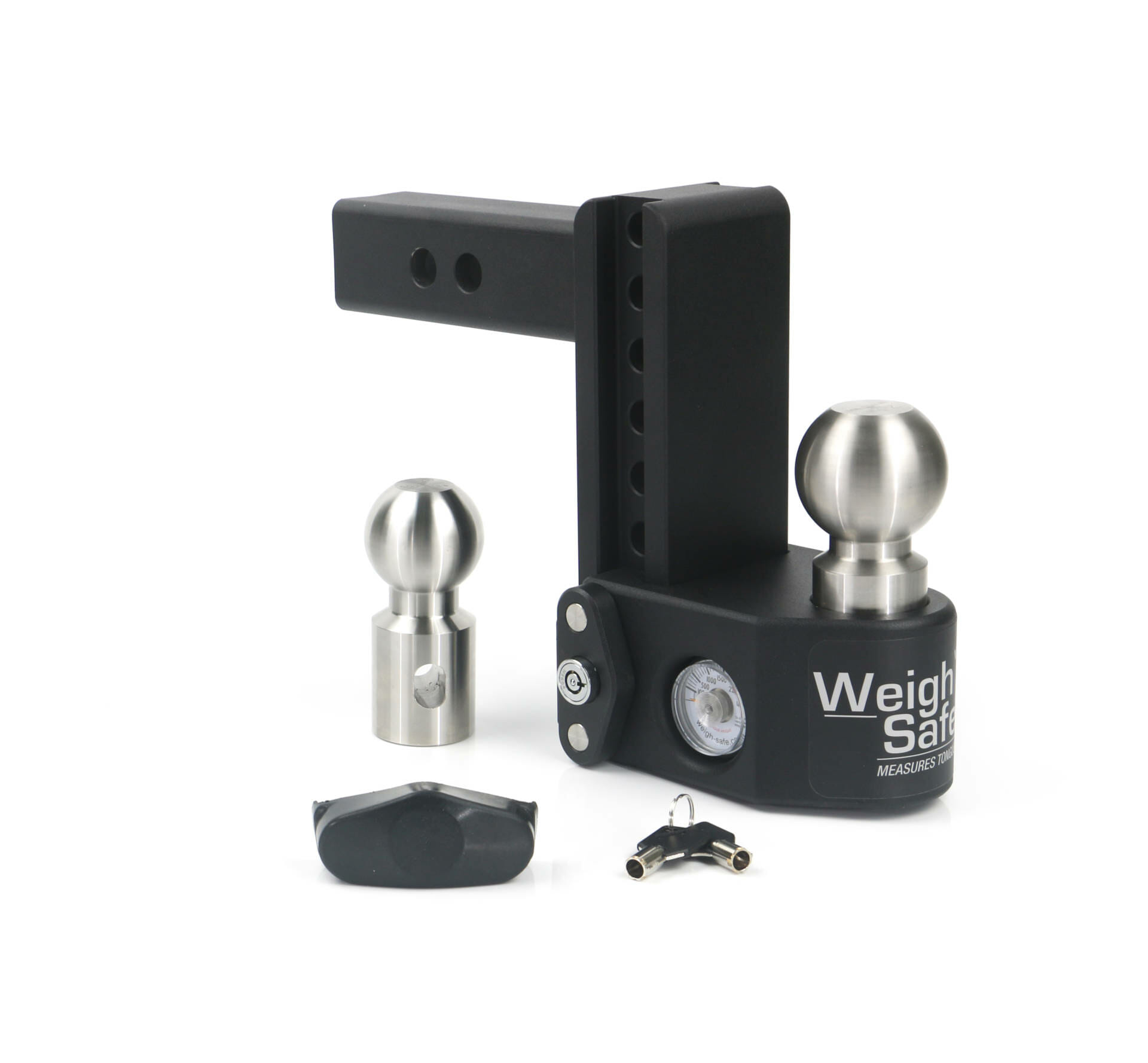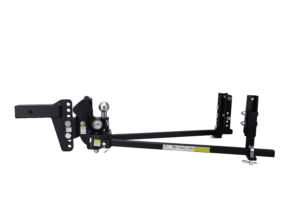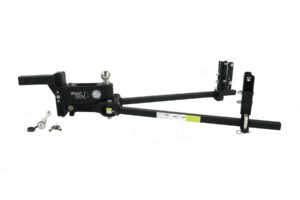Towing Education
Understanding Trailer Pin Types: A Comprehensive Guide
When it comes to towing, one of the critical components ensuring a safe and secure connection between your trailer and towing vehicle is the trailer pin. Choosing the right type of trailer pin is essential for stability, safety, and ease of use. In this guide, we’ll explore the various types of trailer pins, their specific uses, and tips for selecting the right one for your needs.
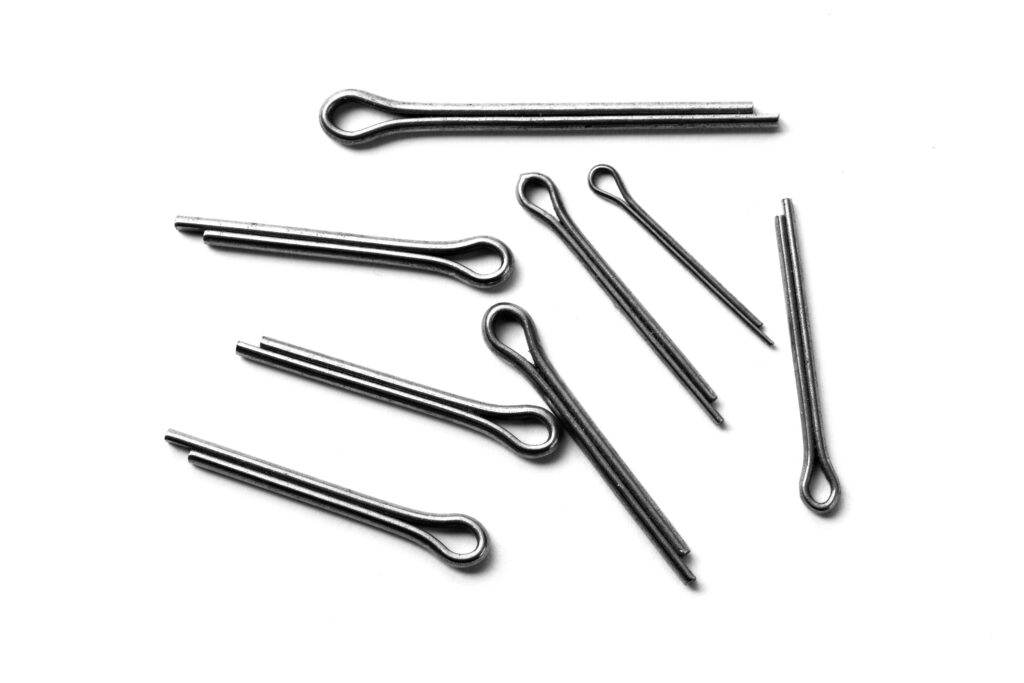
1. Cotter Pins
Cotter pins, also known as split pins or cotter keys, are one of the most common types of trailer pins. They are simple yet effective in securing the pin in place.
Uses:
- Securing the hitch pin in the coupler
- Holding the locking mechanism of the hitch
Advantages:
- Easy to install and remove
- Provides a secure hold
Disadvantages:
- Can become loose if not properly secured
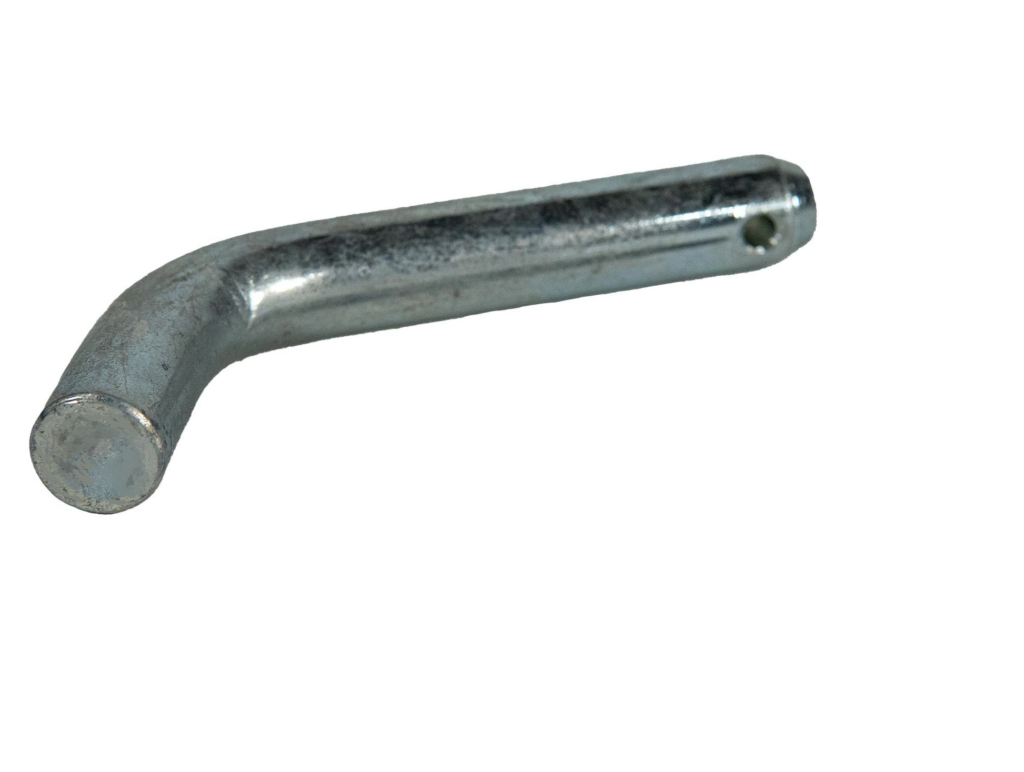
2. Hitch Pins
Hitch pins are heavy-duty pins used to secure the trailer to the towing vehicle. They typically come with a cotter pin or clip to prevent accidental disconnection.
Uses:
- Connecting the trailer coupler to the hitch receiver
Advantages:
- Strong and durable
- Available in various sizes and materials
Disadvantages:
- Requires a compatible clip or cotter pin
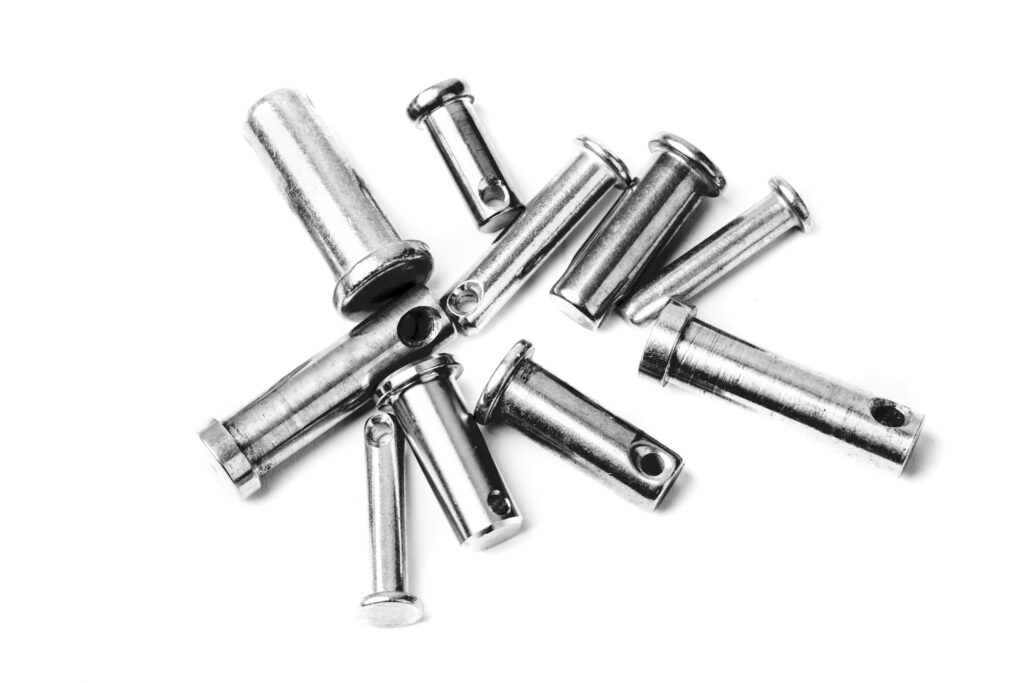
3. Clevis Pins
Clevis pins are cylindrical pins with a head on one end and a hole for a cotter pin or clip on the other. They are often used in agricultural and heavy-duty towing applications.
Uses:
- Securing tow bars, chains, and other heavy-duty connections
Advantages:
- Versatile and robust
- Easy to install and remove with a cotter pin
Disadvantages:
- Can wear out with heavy use

4. Safety Pins
Safety pins, also known as R-clips or hitch clips, are used to secure other types of trailer pins. They provide an added layer of security, ensuring the primary pin does not come loose.
Uses:
- Securing hitch pins and clevis pins
Advantages:
- Easy to install and remove
- Provides additional security
Disadvantages:
- Can be lost easily if not attached properly
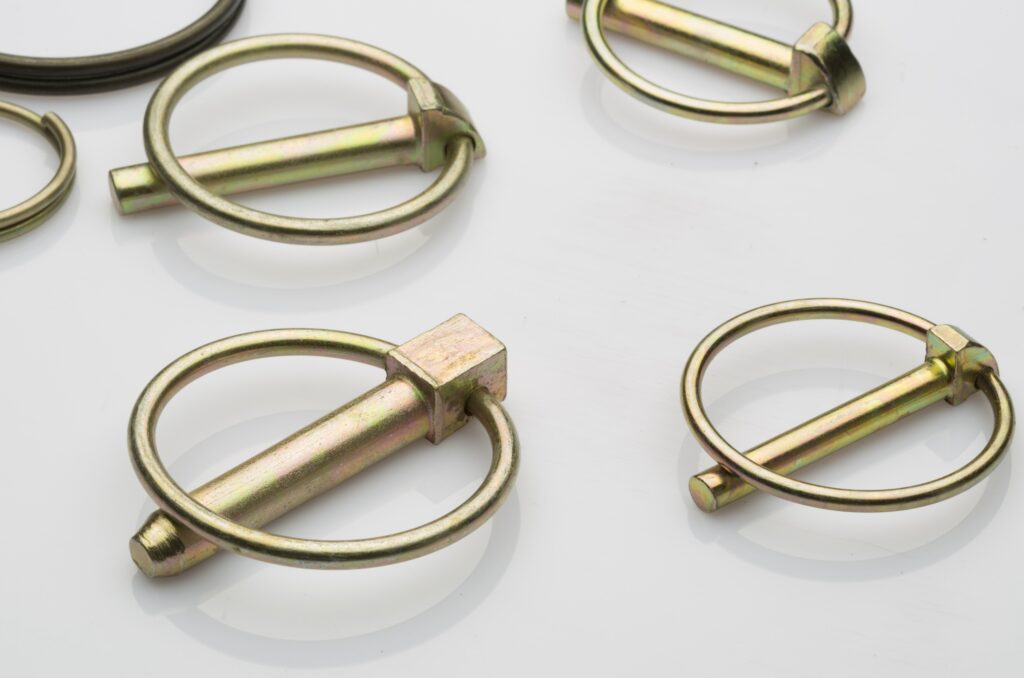
5. Linch Pins
Linch pins are self-locking pins that are easy to install and remove. They have a spring-loaded locking mechanism that ensures a secure connection.
Uses:
- Securing wheels, hitch components, and other attachments
Advantages:
- Quick and easy to use
- Provides a secure lock
Disadvantages:
- Spring mechanism can wear out over time
Tips for Choosing the Right Trailer Pin
- Consider the Load Capacity: Ensure the pin you choose can handle the weight and stress of your trailer and load.
- Check Compatibility: The pin should be compatible with your hitch receiver, coupler, and other towing components.
- Material Matters: Choose pins made from high-quality materials like stainless steel or hardened steel for durability and corrosion resistance.
- Regular Inspections: Regularly inspect your trailer pins for wear and tear, and replace them as needed to maintain safety.
Conclusion
Understanding the different types of trailer pins and their specific uses can make a significant difference in your towing experience. By choosing the right pin for your needs and ensuring it is properly installed and maintained, you can enjoy a safe and secure towing experience. Whether you’re towing a small utility trailer or a large RV, the right trailer pin is a small but crucial component that keeps your journey smooth and safe.
